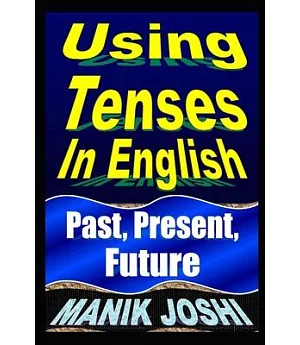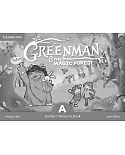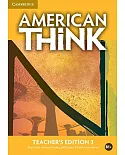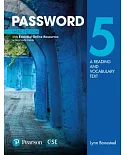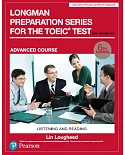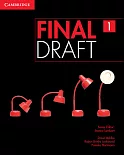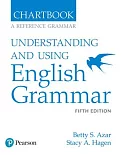What are tenses | agreement between subject and verb | twenty-four auxiliary verbs | present tense- present indefinite tense, present continuous/progressive tense, present perfect tense,
present perfect continuous/progressive tense | past tense- past indefinite tense, past continuous/progressive tense, past perfect tense, past perfect continuous/progressive tense, future tense-
future indefinite tense, future continuous/progressive tense, future perfect tense, future perfect continuous/progressive tense | patterns and examples for all kinds of tenses | SAMPLE THIS:
Sample This: What are Tenses?- Tenses could be defined as “any of the form of a verb that may be used to show the time of the action or an event or state expressed by the verb”. | THERE ARE
THREE KINDS OF TENSES: The Past Tense – The form of a verb that expresses an action in the past [Action happened before present]; The Present Tense – The form of a verb that expresses an action
that is happening now or at the time of speaking [Action happens in present]; The Future Tense – The form of a verb that expresses an action that will happen in future [Action will happen after
present] | EACH OF THESE THREE KINDS OF SENTENCES HAS FOUR TYPES OF FORMS: Simple or Indefinite Form, Continuous or Progressive Form, Perfect Form, Perfect Continuous or Perfect Progressive
Form | EACH OF THESE FOUR TYPES OF FORMS HAS FOUR KINDS OF STATEMENTS: Affirmative Statement -- Used to Show ‘Agreement’; Negative Statement -- Used to Show ‘Disagreement’; Interrogative
Statement -- Used to Ask ‘Question’; Interrogative-Negative Statement -- Used to Ask ‘Question’ and Show ‘Disagreement’ | Present Indefinite Tense- Expresses - Permanent Situation, Present
Habit, General Truth, Action Is Understood To Be Taking Place In Present | A. AFFIRMATIVE PATTERN – Subject + First Form of Verb Singular Verb is used with subject ‘He and She’ + All Singular
Subjects. Plural Verb is used with subject ‘I, We, You and They’ + All Plural Subjects. Examples: He/She talks. I/We/You/They talk. | B. NEGATIVE PATTERN – Subject + Do/Does + Not + First Form
of Verb; Auxiliary ‘Does’ is used with subject ‘He and She’ + All Singular Subjects. Auxiliary ‘Do’ is used with subject ‘I, We, You and They’ + All Plural Subjects. Examples: He/She does not
talk. I/We/You/They do not talk. Contraction - [‘Auxiliary + Not’] - Short (Contracted) Form of ‘do not’ -- don’t; Short (Contracted) Form of ‘does not’ -- doesn’t; Examples: He/She doesn’t
talk. I/We/You/They don’t talk. [Contracted form of ‘Auxiliary + Not’] | C. INTERROGATIVE PATTERN – Do/Does + Subject + First Form of Verb; Auxiliary ‘Does’ is used with subject ‘He and She’ +
All Singular Subjects. Auxiliary ‘Do’ is used with subject ‘I, We, You and They’ + All Plural Subjects. Examples: Does he/she talk? Do I/we/you/they talk? Note - Use of Interrogative Word –
Interrogative Word + Do/Does + Subject + First Form of Verb; Why does he/she talk? Why do I/we/you/they talk? | D. INTERROGATIVE-NEGATIVE PATTERN – Do/Does + Subject + Not + First Form of Verb;
Auxiliary ‘Does’ is used with subject ‘He and She’ + All Singular Subjects. Auxiliary ‘Do’ is used with subject ‘I, We, You and They’ + All Plural Subjects. Examples: Does he/she not talk? Do
I/we/you/they not talk? Contraction - [‘Auxiliary + Not’]- Short (Contracted) Form of ‘do not’ -- don’t; Short (Contracted) Form of ‘does not’ -- doesn’t; Examples: Doesn’t he/she talk? Don’t
I/we/you/they talk? [Contracted form of ‘Auxiliary + Not’] | NOTE: Never use ‘Auxiliary + Not’ before Subject. You must use contracted form of ‘Auxiliary + Not’ before subject. You cannot say-
Does not he/she talk? Do not I/we/you/they talk? [This is wrong]; You must say- Doesn’t he/she talk? Don’t I/we/you/they talk? [Correct]; Note - Use of Interrogative Word – Interrogative Word +
Do/Does + Subject + Not + First Form of Verb; Why

